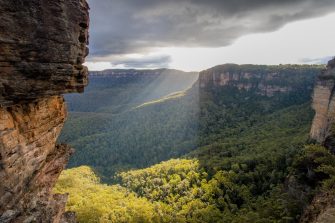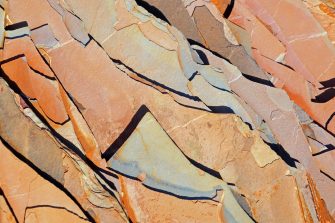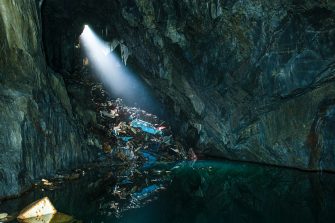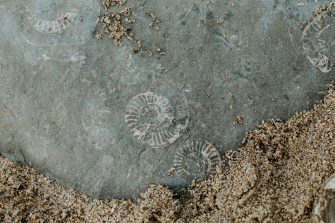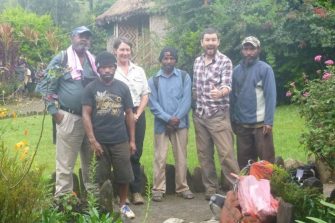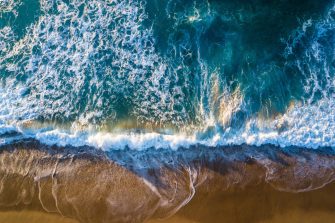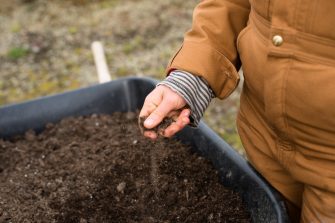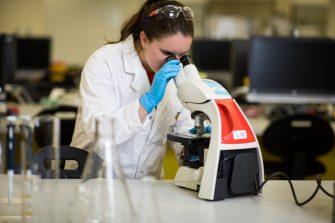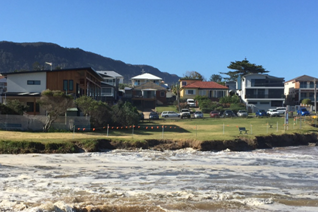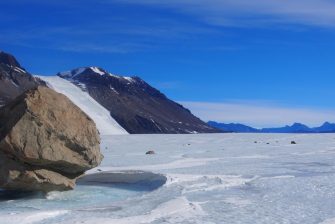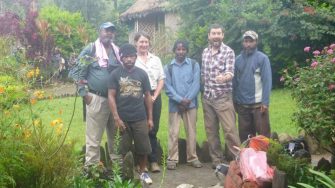
About
Our research group is currently engaged in a field and lab-based program investigating the peopling of Sahul, settlement history, palaeoenvironment and resource use. We're currently concentrating our efforts on the PNG highlands of the Madang Province.
People
The research group is led by Dr Judith Field and supported by Dr Ben Shaw.
Key collaborators include Prof. John Dodson and A/Prof. Scott Mooney (UNSW) and Prof. Glenn Summerhayes (Otago)

